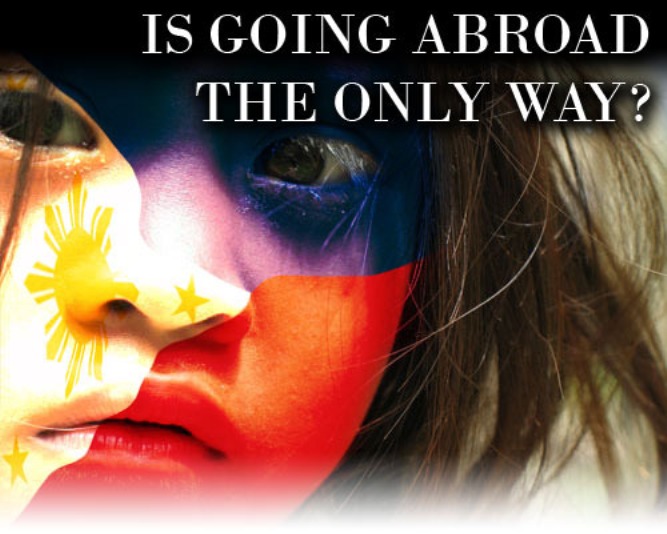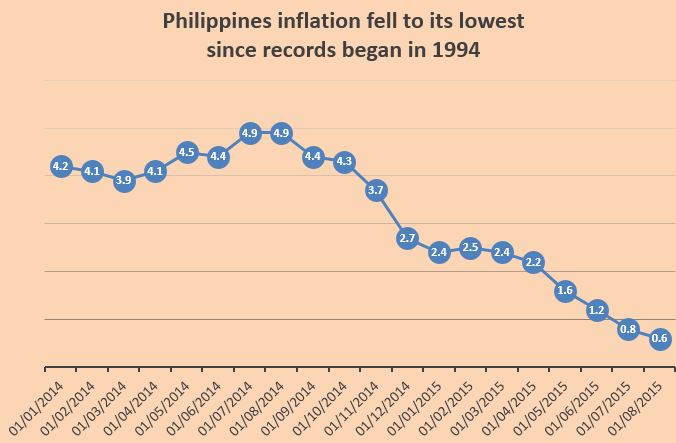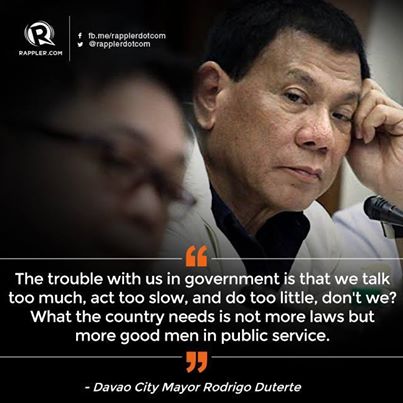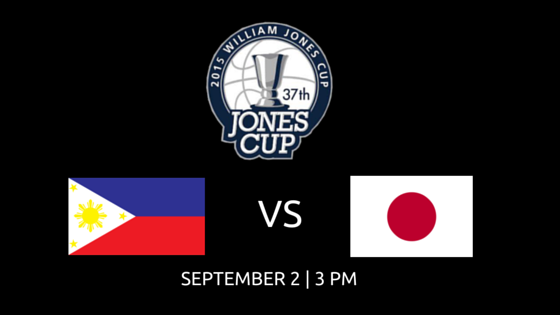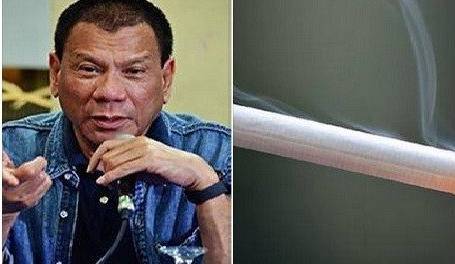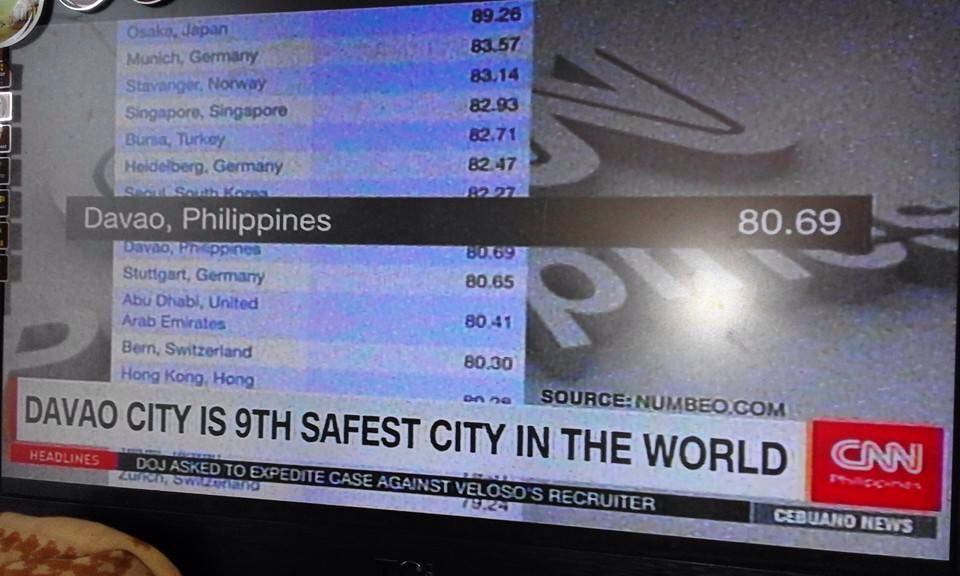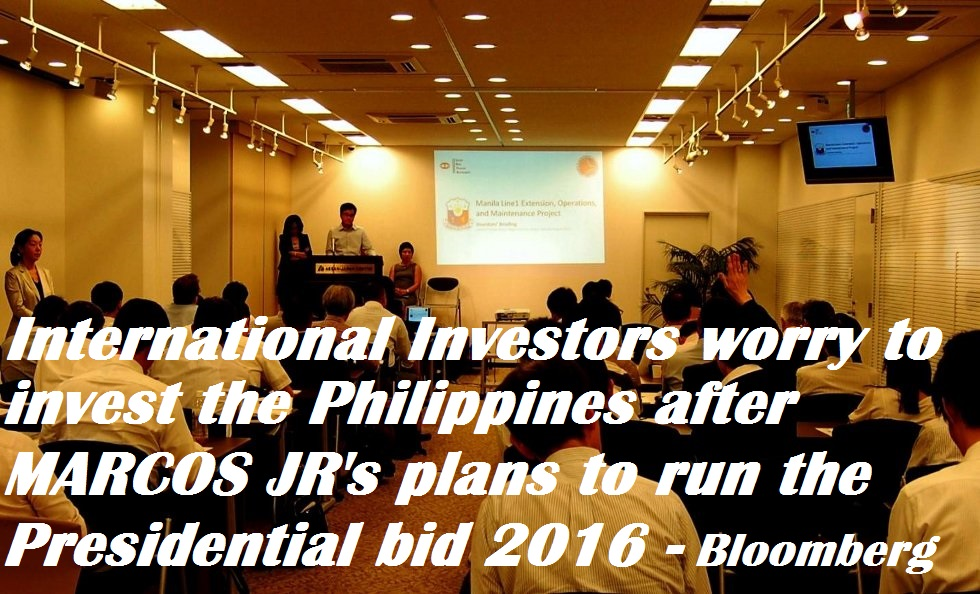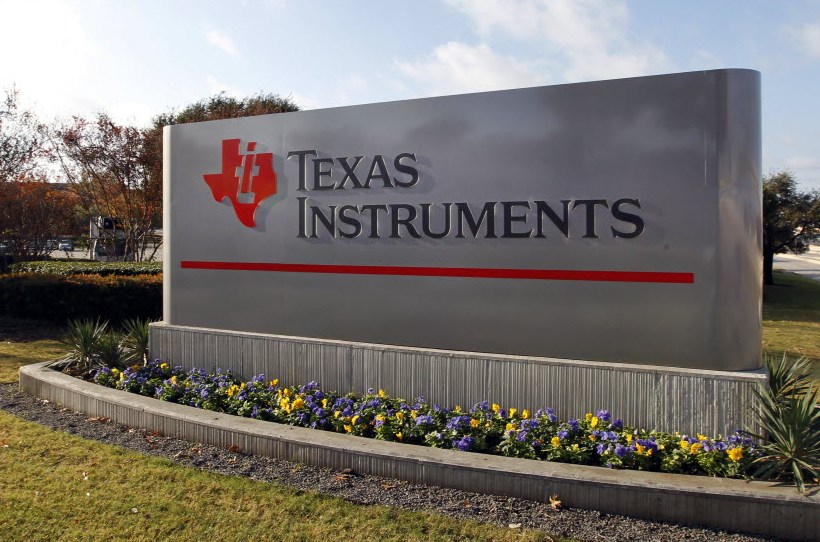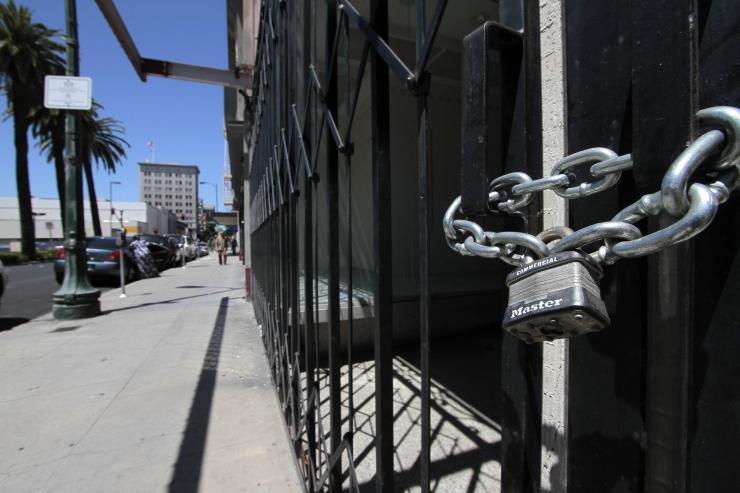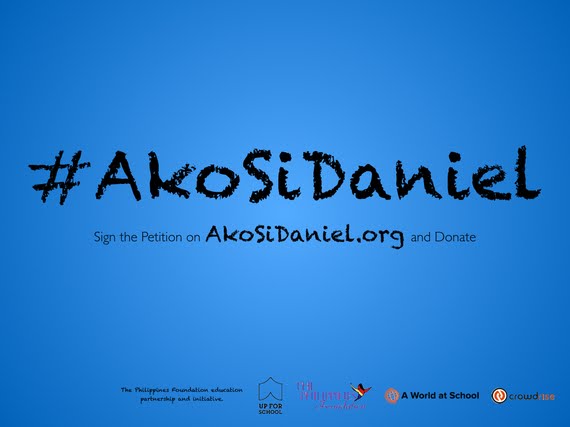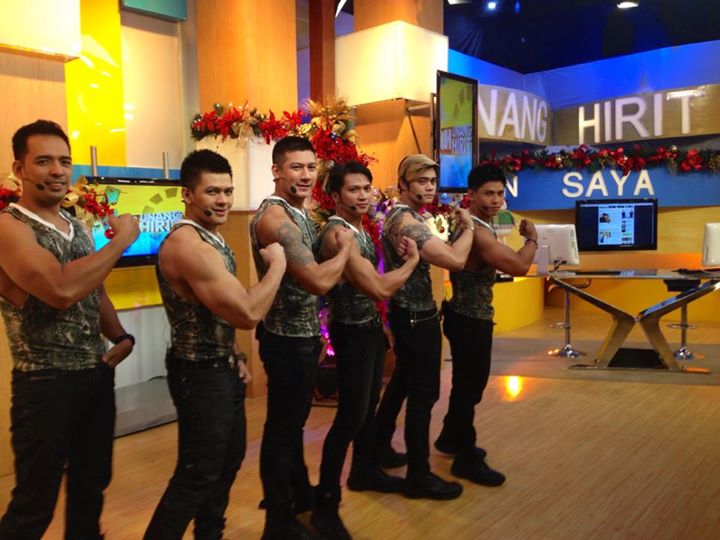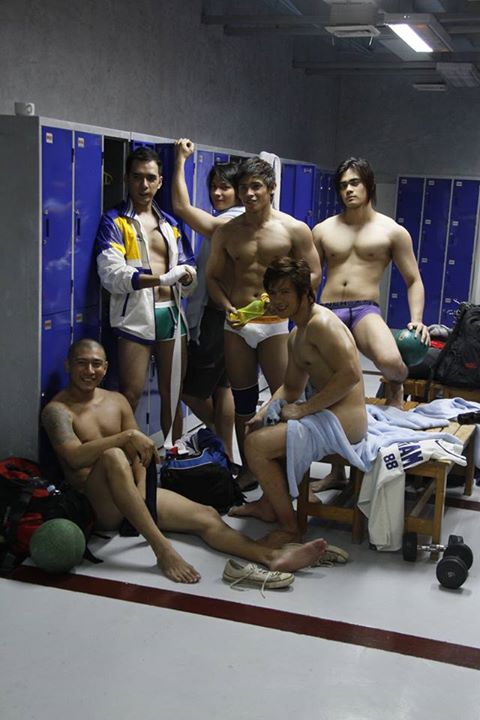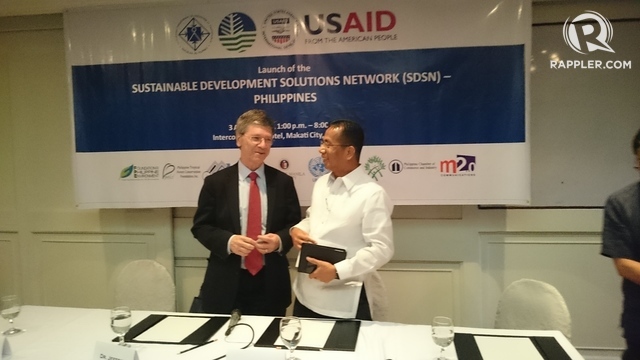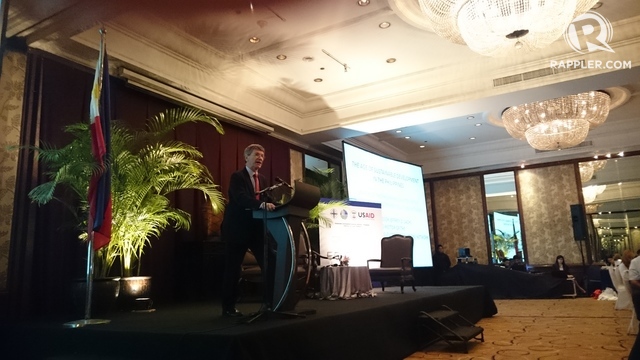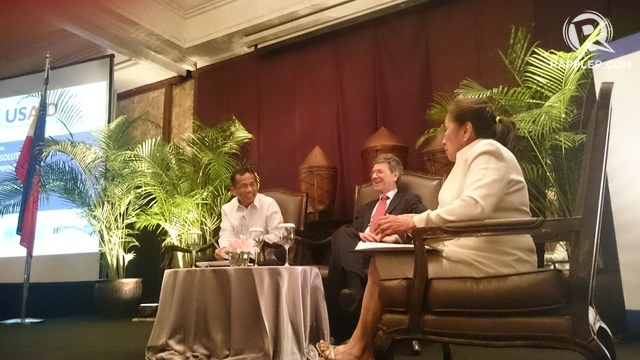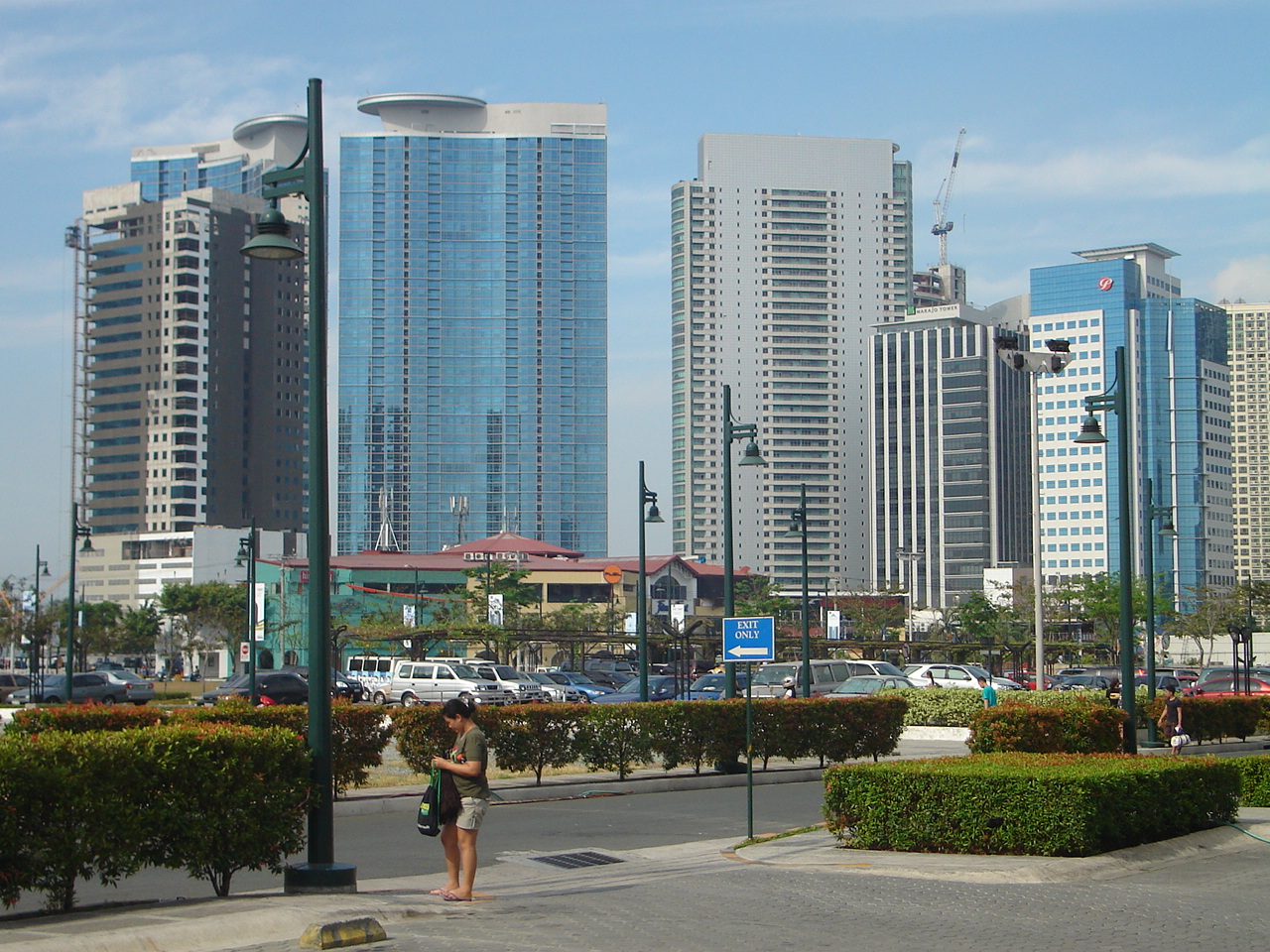
Bonifacio Global City (BGC) Taguig, Manila, Philippines - image: pilipinohomes.com
Philippine Unemployment Rate ASEAN’s Highest, but Why?
Even though recent years have seen rapid economic growth in the Republic of the Philippines, a high unemployment rate has persisted for quite a while in this sprawling Southeast Asian nation with a population of over 100 million people.
Under President Benigno Aquino who has been in office since 2010, the unemployment rate has fallen. The last reported figure was at the rate of 6.4% during the second quarter of this year, 0.6% less than the 7% reported a year earlier. However, the progress has been slow and unstable with the Philippines still having the highest unemployment rate in the ASEAN region.
There are many reasons for this. Invest Asian citing top reasons based on research.
" Main one being that the country’s population is growing faster than the rate at which jobs are being created"
In three of the past five years, official statistics show that the number of people entering the job market has been greater than the number of jobs created.
The conundrum highlights the difficulty and complexity of spreading the benefits of economic growth and points out that they have yet to trickle down to more deprived areas of the nation.
Filipinos Just Aren’t Working
Another reason is even more alarming. There is relatively lower working population compared to neighboring countries. This means that even if the unemployment rate falls, it does not ensure maximum productivity of the country.
As mentioned, the participation in the labor force remains relatively low. But what is it in quantifiable numbers?
"Only about 65% of the population aged 15 and above is looking for work "
The number being one of the lowest in the region. To put the number into perspective, the numbers in Vietnam, Thailand, and Indonesia are 78%, 72%, and 68% respectively.
One possible explanation for this low labor force participation percentage is that there is a higher value placed on further education in the Philippines. What this means is that young Filipinos typically spend some more time in college before entering the labor market, directly contributing to the low participation rate. The citizens of the other countries in the region enter the workforce much earlier.
Not Enough Good Jobs?
Yet another alarming reason could be the low quality of jobs available. In 2014, less than half of workers – in both formal and informal employment – were in what were described as paid jobs. Of the rest, about a fourth were self-employed with no guaranteed income and a tenth were in their family business working on farms or other businesses where they typically received food and lodging but no real cash, according to official statistics.
Former budget minister and current economist at the University of the Philippines, Benjamin Diokno, says that this relatively large number of unpaid workers – about 4 million people – “bloats” the ranks of the employed and makes the unemployment rate seem less serious that it really is.
However, such unpaid workers are not the only ones feeling held back.
In a government survey, 18% of workers said that they would like to work longer hours or get an extra job. Only 35% of these worked 40 hours or more a week.
The Philippine government, in an effort to mirror the success of its Asian neighbors, is looking to improve the quality of jobs available by ramping up employment in manufacturing. But it has had little success so far, hindered by issues such as higher wages, limited infrastructure and red tape, which make the country less competitive than its ASEAN peers.
Their lack of success is proven by the fact that only 16.5% of workers were in industrial jobs in the second quarter of 2015.
The country’s uneven employment market has traditionally led millions of Filipinos to seek better-paying jobs overseas. One out of every 10 Filipinos works abroad, sending billions of dollars in remittances home and helping to drive the country’s consumption-driven domestic economy – but doing little to promote employment.
There does not seem to be an end (at least in the near future) to the high unemployment rate problem that the Philippines faces.- Invest Asian
